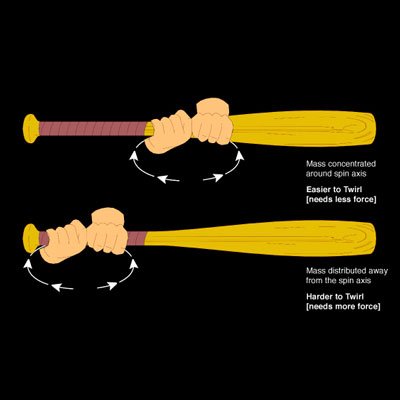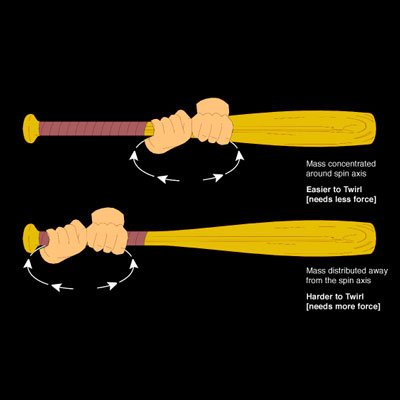
How much mouthpiece is enough mouthpiece?
Share
Got another mouthpiece question from someone today, and I was particularly pleased with my answer. (The caffeine was flowing prodigiously through my veins.)
Here’s the email:
I've been having trouble hitting the notes in the 3rd register without squeaking on my bass clarinet. I found that taking in less mouthpiece has been helpful but I was thinking that maybe a different mouthpiece would also make it a little easier and less likely to squeak. My set up is a Yamaha 4c mouthpiece, Legere classic 2.5 reed, and a Vandoren optimum ligature. I was thinking about trying a Yamaha 5c mouthpiece (because of the larger tip opening) but I'm not sure?
Here’s my reply: There are a lot of elements in play here. Not sure what your instrument is, but I’m going to assume it’s a Yamaha since you’ve got a Yamaha mouthpiece, which comes standard in the box.

In general, taking less mouthpiece is not ideal (unless you’ve been taking a LOT of mouthpiece in your mouth!). Why? Taking in less mouthpiece means you’re using less of the facing to produce a sound. It’s like “choking up on the bat” when hitting a baseball—you may get more control, but you don’t get much power. This also tends to make your resulting sound thinner and buzzier. But because you’re taking in less mouthpiece, and are having some success with that, I would guess that your reed may be too strong for the mouthpiece. You could first try a slightly softer reed. At first it will seem WAY too soft, and you’ll be mad at me for suggesting it, but give it time. Your embouchure will adjust to the new pressure required and you may find yourself playing with much less struggle.
Squeaking is also the result of many other potential issues, including biting, voicing, leaks, and so on. Can’t rule those out either.
That said, since you asked, I’d move away from the Yamaha mouthpieces altogether. Better (yet still affordable) mouthpieces are the Vandoren B40 and B50. I personally play the B50, because it’s nice and wide (bigger tip opening, longer facing), which provides a nice canvas for many colors of sound. Generally speaking, the closer the mouthpiece, the fewer options you have, but the more “predictable” the mouthpiece is. The B40 is that option: smaller than the B50, so it’ll take harder reeds, a little more resistant, and a closer facing.
Hope this helps!
-Mike

